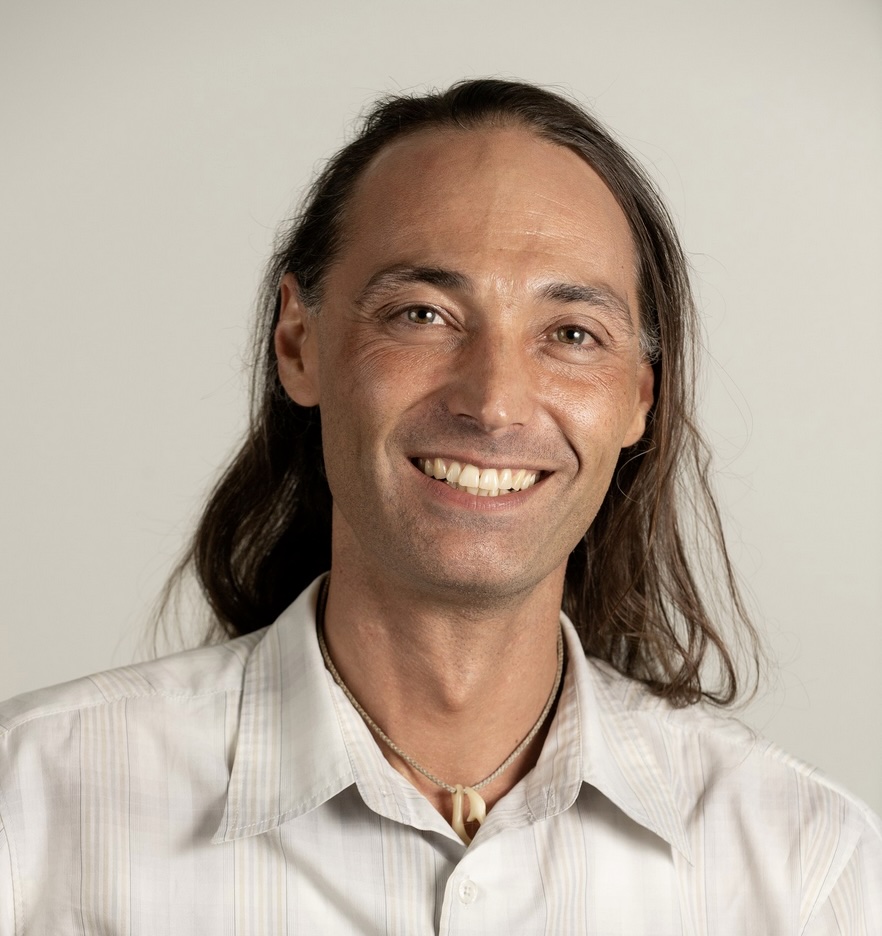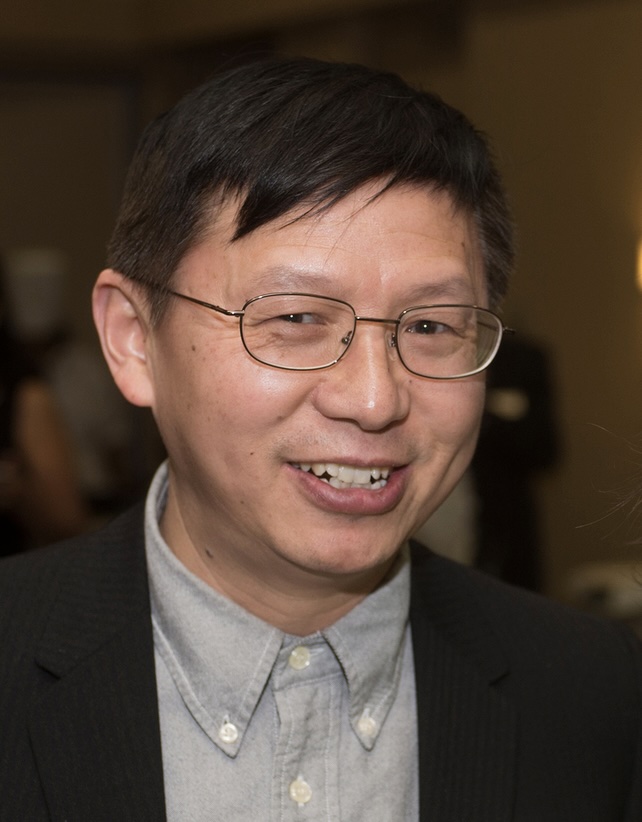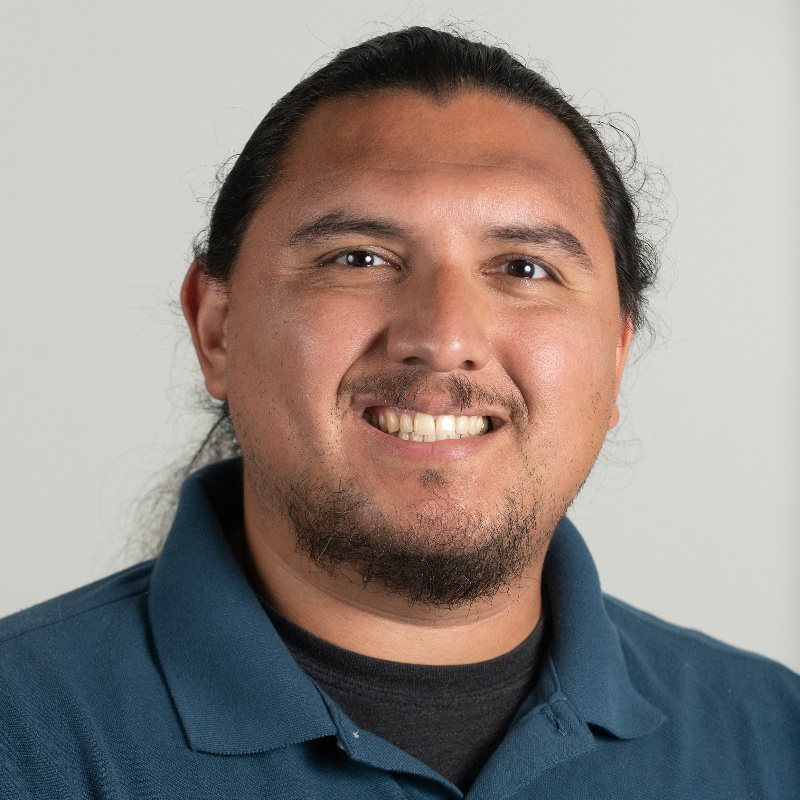Transnational music and media, documentary filmmaking, interdisciplinary studies of gender and sexuality, decolonial feminist and queer theories, South Asia studies, theories of pedagogy, performance, and the everyday, musics of South Asia, West Asia/North Africa, North America, and Europe.
Dr. Jeff Roy is a musician, filmmaker, and scholar with research and teaching experience in critical cultural studies, ethno/musicology, film and media studies, gender and sexualities studies, performance studies, and South Asia studies. His films, performances, and writings center the politics and performance of queer, transgender and hijra identity formations at the intersections of race, class, caste, and religion in South Asia and elsewhere. His award-winning films have screened at such institutions as the Director’s Guild of America, Film Society of Lincoln Center, British Film Society, Godrej India Culture Lab, and have been featured in magazines like Out Magazine and Vogue India.
Dr. Roy is a two-time Fulbright recipient (Fulbright-mtvU and Fulbright-Hays), a Project Involve Fellow at Film Independent Los Angeles, and a recent Postdoctoral Research Fellow with le Centre d’Études de l’Inde et de l’Asie du Sud (CEIAS) à l’École des Hautes Études en Sciences Sociales (EHESS) in Paris, France. Dr. Roy is nearing completion on a collaborative book project titled Badhai: Hijra-Khwaja Sira-Trans Performances Across Borders in South Asia. This book concerns the repertoire of devotional prayers, songs, dances, and comic repartee performed by the socially marginalized hijra and khwaja sira communities in Bangladesh, India, and Pakistan. Drawing from post-/decolonial studies, the book examines how badhai performances––and the cultures constituted by them––are mediated by encounters with transnational LGBTQIA+ identity politics and a changing landscape of gender and sexuality-based legislation, neoliberalism, and religious nationalism.
Dr. Roy's next book, provisionally titled Jamming the Script: Performance, Film, and Queer Possibilities in India, builds on this investigation to examine filmmaking as a research methodology and artistic practice within and across India's transgender, hijra, and queer-identified communities. Gathering sources on the history of place-based filmmaking in South Asia and using audio-visual footage from his own films produced in the field, the book explores film's legacy of colonialism and shows how queer filmmaking offers different possibilities of knowing and working through the forms, temporal arrangements, places and processes of scholarly and artistic inquiry.
Education:
- Ph.D. in Ethnomusicology, University of California, Los Angeles
- M.A. in Ethnomusicology, University of California, Los Angeles
- B.A. in Comparative Arts, Washington University in St. Louis















